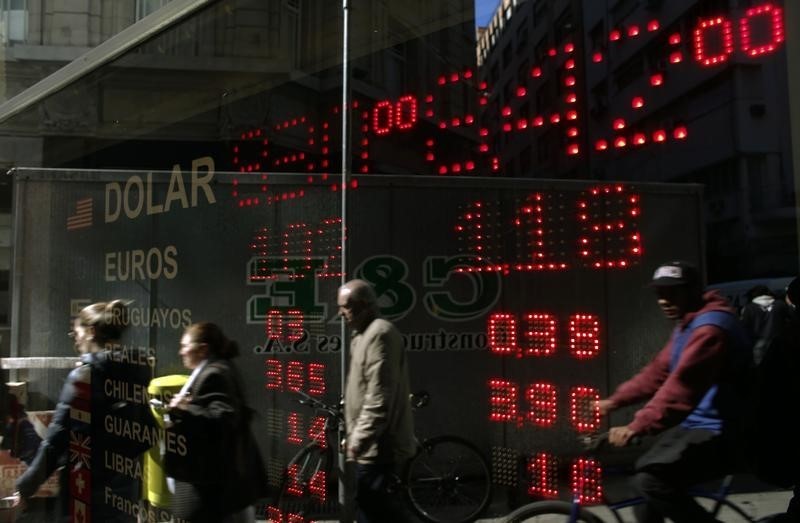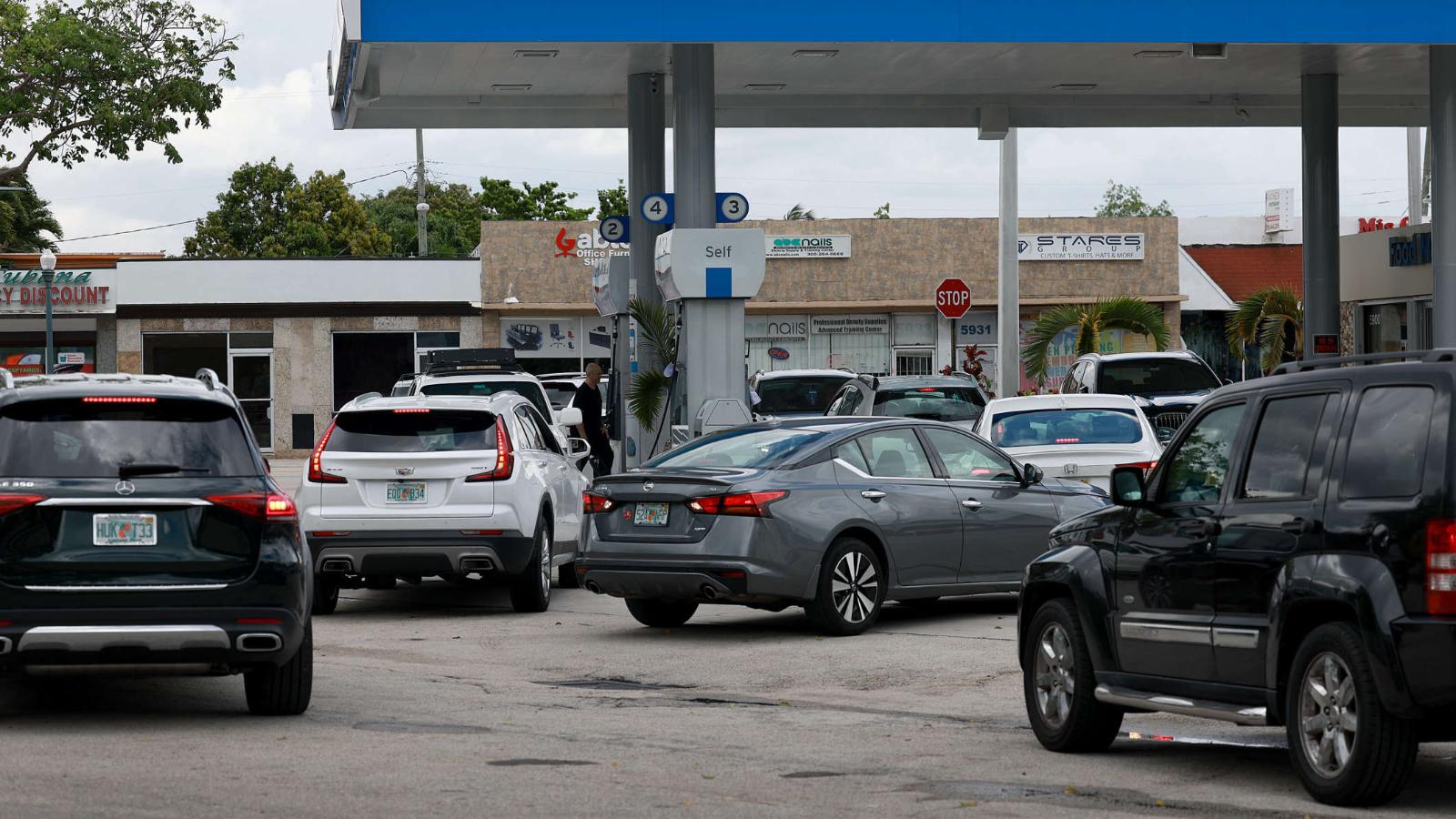© Reuters. Euro remains around $1.0950 on risk aversion
Frankfurt (Germany), Apr 19 (.).- The euro remained today around the level of 1.0950 dollars, given the risk aversion of investors, which drives purchases of the “green ticket”, and given the comments aggressive behavior of the Federal Reserve (Fed).
The euro was trading around 3:00 p.m. GMT at $1.0972, compared with $1.0967 in the final hours of European currency market trading the previous day.
The European Central Bank (ECB) set the reference exchange rate for the euro at $1.0933.
More Fed members have come out in favor of further raising US interest rates.
Federal Reserve Bank of Atlanta President Raphael Bostic said he believes it will take some time for inflation to return to target and there is work to be done on monetary policy.
The president of the Federal Reserve Bank of St. Louis, James Bullard, considered that interest rates should rise because there is no clear progress with inflation, that interest rates will be at a restrictive level in a range between 5, 5 and 5.75% and that they should stay there for some time until inflation comes down.
The Fed’s federal funds are now in a range between 4.75 and 5%.
The ECB’s chief economist, Philip Lane, considered a rise in interest rates in the euro area in May appropriate.
“Right now, two weeks before the meeting, I would say we should raise interest rates in May,” but it will all depend on what economic data is released until then, Lane said in an interview with Bloomberg TV.
On the other hand, Lane pointed out this Wednesday, at a conference in Dublin, that “the granting of credit to companies in the euro area is reducing more rapidly than in other previous phases of restrictive monetary policy, and the markets foresee that the credit granting will fall much more this year.
The reasons may be that the speed at which the ECB has raised its interest rates since July of last year has been extraordinary, that banks see more risks and that before it began to increase it there had been a negative impact on supply. , according to Lane.
The ECB chief economist added that in May they will take into account, in addition to macroeconomic data on consumer prices and growth, how the turmoil in the banking sector has influenced the granting of credit to companies.
“The bank lending survey will help us analyze any contagion from events in the US and Swiss banking systems to credit supply and demand in the euro area,” according to Lane.
Eurozone inflation data argues in favor of further interest rate hikes.
Consumer prices fell in the euro area in March by 1.6 percentage points, to a year-on-year rate of 6.9%.
But core inflation, which discounts energy and food, tobacco and alcohol because they are more volatile, rose 1.3% in March compared to the previous month and 5.7% year-on-year, the highest since the euro area was founded. (5.6% in February).
The single currency was exchanged in a fluctuation band between 1.0918 and 1.0983 dollars.






